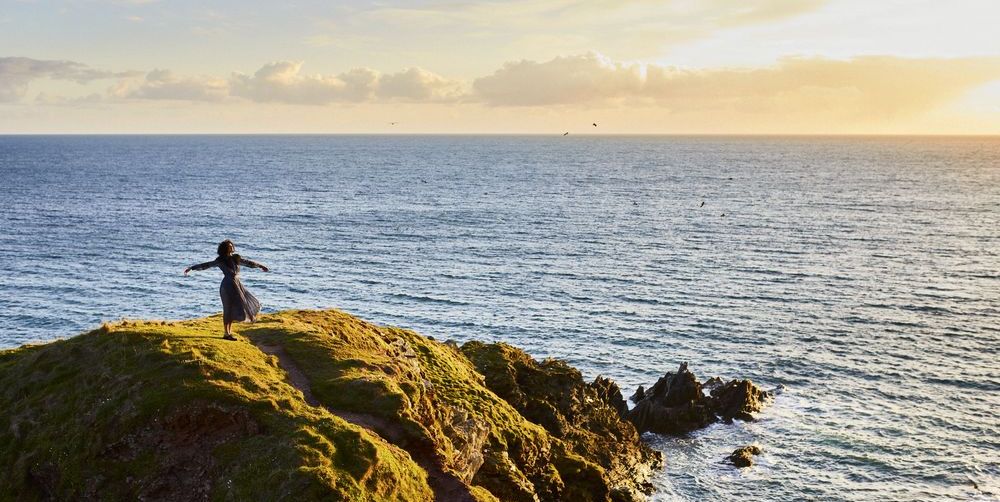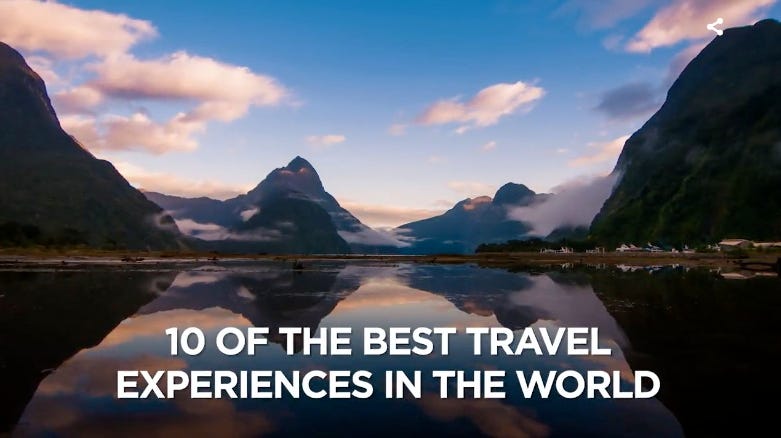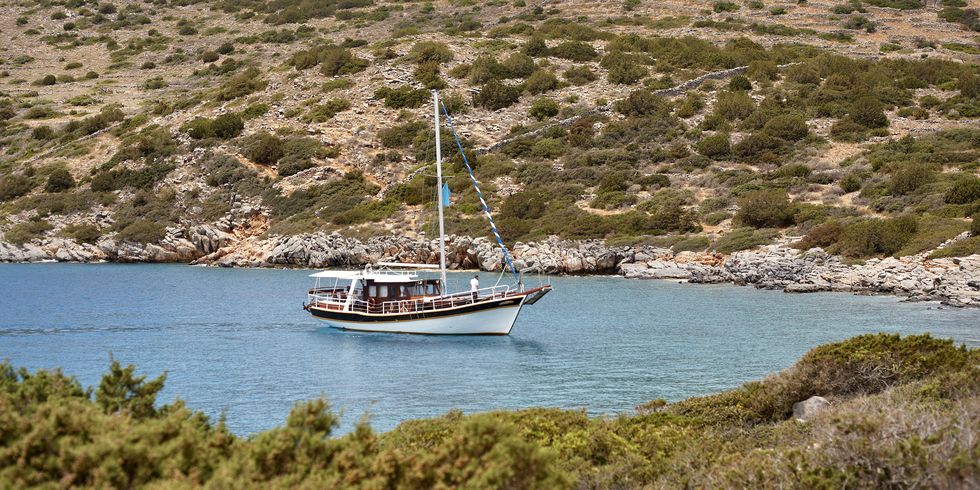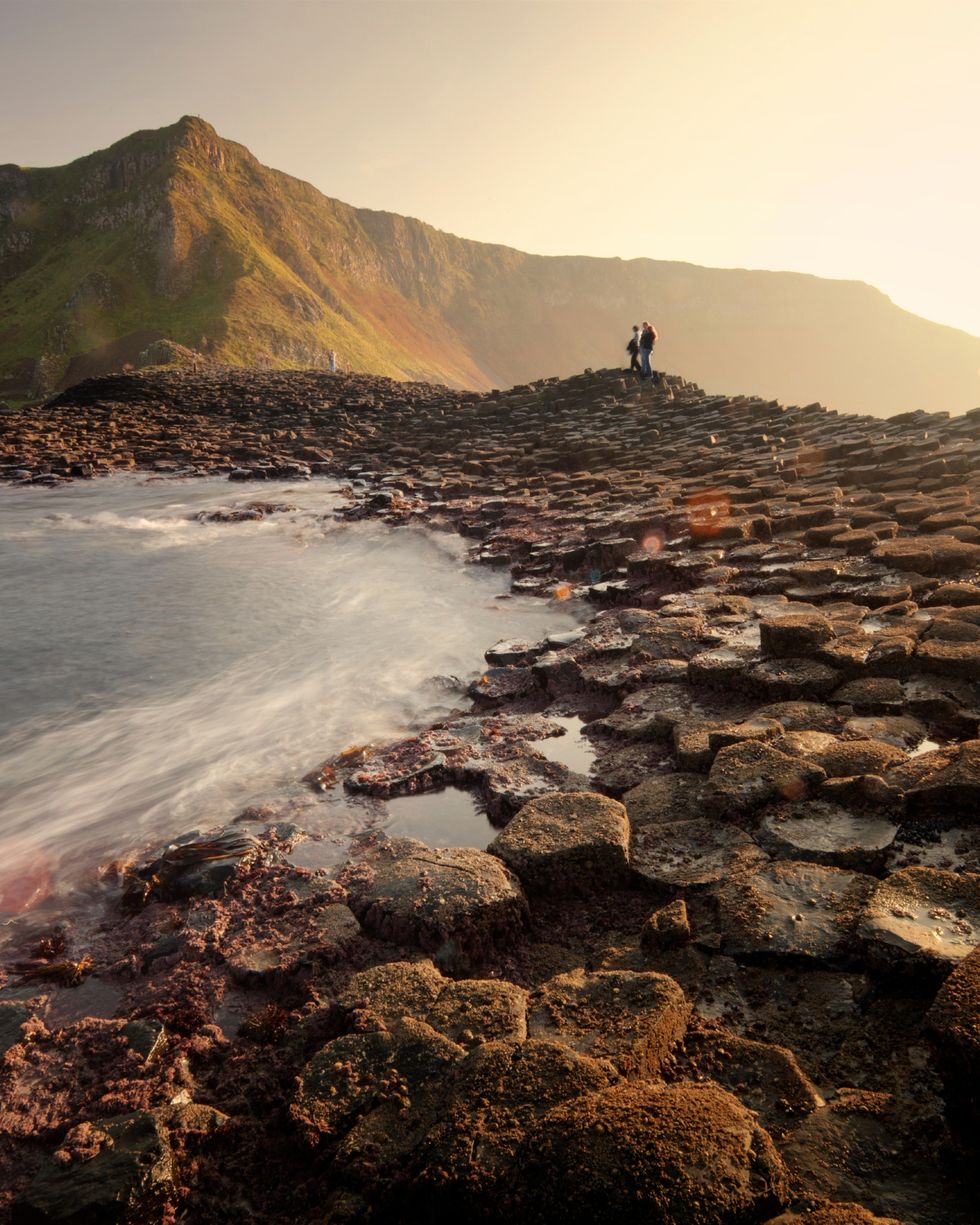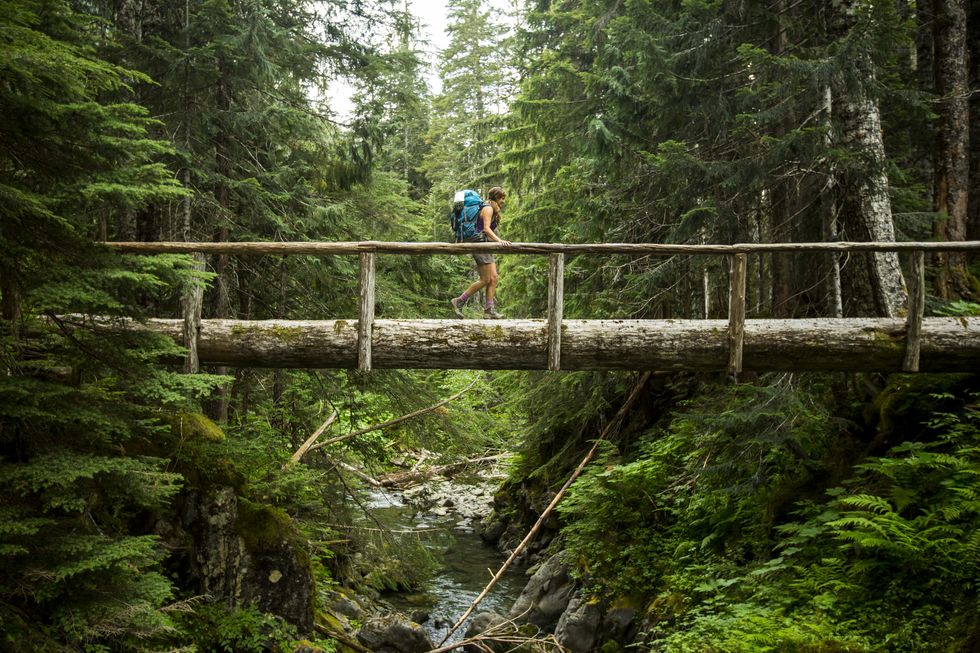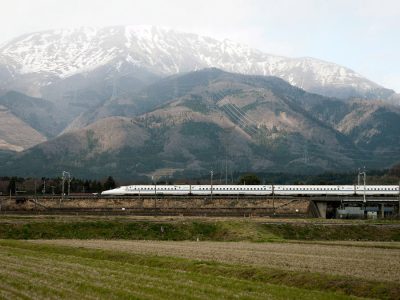Is sustainable travel an oxymoron? Is it even vaguely possible to be an environmentally and socially responsible traveller without sacrificing luxury and convenience? The questions surrounding eco-friendly holidays make this an admittedly thorny issue, but “travel can be a force for good,” says Justin Francis of Responsible Travel, an activist travel company that specialises in trips that are better for both you and the planet.
For starters, there are now plenty of opportunities for ‘regenerative tourism’ – in other words, travel that leaves a positive impact on the local community and environment. Travel is also “critical to understanding cultures”, notes Lucy Johnson, founder of Green Salon, the UK’s first sustainable lifestyle consultancy. “It’s all about how you travel.” Given all the recent progress, she adds that “becoming a net-zero citizen is actually incredibly exciting”.
Here, we address the most-asked questions about sustainable travel, and break down the best ways to make sure you’re as eco-friendly as possible on your next trip.
Remember that some flights are better for the environment than others
All flights are not created equal, says Francis: “a more modern plane will be more efficient”. So if you are going to fly, then look out for Boeing’s 787 Dreamliner and the Airbus A350, adds Johnson, which she explains are “two of the most fuel-efficient models”. Meanwhile, booking websites such as Google Flights and Lite Flights help travellers reduce their impact by revealing carbon emission estimates for every flight. Other tips include always flying economy, packing as light as you can (a heavier plane burns more fuel), and flying direct (according to Francis, “take-off and landing is more carbon-intensive”). Johnson recommends using a “mindful travel formula”, which roughly equates to “flying half as much for twice as long”.
Relive the golden age of train travel
Good news: “We are in the new age of the train,” says Johnson. Check out the new sleeper trains from Nightjet, SJ Euronights and European Sleeper, which enable you to go to bed in Stockholm and wake up in Paris. Use Chronotrains‘ useful interactive map to see exactly where you can get to within five hours by train, and the brilliantly lo-fi Man in Seat 61, which will help you organise pretty much any train itinerary in the world. If you prefer, you can even outsource it all with Discover the World’s rail adventures, which include a tour of Europe and an Arctic rail odyssey (basically the real Polar Express).
Reduce your carbon wherever you can
The most environmentally damaging aspect of conventional tourism is our carbon footprint. Francis argues that reducing carbon should be every traveller’s principal concern. But that doesn’t mean you should never leave this island again; it’s really about being mindful about how you use the planet’s resources. “Choose accommodation that uses renewable energy,” suggests Francis (hotels that have made the switch are highlighted on the Responsible Travel website.) He also recommends trying “to eat more plant-based food, and enjoy the satisfaction of human-powered travel: cycling, trekking and kayaking”.
Seek the road less travelled
We’ve all clamoured at one time or another to book in to the hottest new hotel, or fly to the Greek island of the moment. Unfortunately, too many people in the same place at the same time – also known as overtourism – is no good for the planet’s fragile ecosystem, not to mention historic architecture. It’s time, then, to consider less obvious destinations. There are plenty of benefits: fewer crowds, a more authentic, personal experience, and a more balanced spread of the tourist dollar for local communities. Similarly, if you can, try to travel off-peak – you’ll get all the same benefits, and you’ll be part of creating a more stable economy on the ground.
Set sail (sustainably)
The sailing-boat cruise is an often overlooked, but really rather fabulous, way to travel. Starclippers runs wind-powered voyages across the Mediterranean, via the French Riviera, the Amalfi Coast and the Greek islands, on beautiful vintage clippers and tall ships, visiting intimate ports untouched by larger cruise ships, and offering a spot of nostalgia for the age of sail.
Support the local community
Try using your holiday spending money to sustain the local economy. Francis recommends choosing an independent, locally-owned hotel, hiring a local guide, and finding out if there are any community projects that you can support. He also suggests checking whether your hotel pays the minimum wage to all staff. “If you’re going for the five-star treatment, it’s nice to know at the back of your mind that staff are being fairly treated.”
Use a responsible tour operator
Researching a sustainable holiday can take more diligence than conventional tourism, so if you’d rather, let the experts do the hard work for you. Our favourite tour operators include the aforementioned Responsible Travel, which offers around 5,000 trips, including kayaking, foraging and wild-camping in Sweden, and an electric campervan trip from Brighton to Stonehenge. YellowWood Adventures plots off-the-beaten-track trips that benefit local economies, while the B-Corp certified Much Better Adventures claims that for every $100 spent by its customers, about $78 goes into the local economy. According to the UN, that number is as low as $5 with mass tourism.
Take it slow
Slow travel means planting more flags while enjoying all the local flavours of the journey, as opposed to just getting a jumbo-jet view. But compared to the convenience of package holidays, it can be daunting to organise. Byway is a B-Corp certified slow-travel tour specialist that does that for you, via trains, ferries, buses and bikes, as well as sorting accommodation. It has just partnered with Intrepid Travel, which offers holidays with purpose (including “impact initiatives” that support indigenous cultures and conservation), so that all their destinations can be reached flight-free.
Give back wherever you can
“When we’re travelling, we’re likely to do as much harm as good,” says Francis. “We have a responsibility as customers to tip the scales further towards the positive than the negative.” Fortunately, there are some amazing companies offering the opportunity to give back. The B-Corp certified Journeys with Purpose runs small-group trips to conservation projects, from the Scottish highlands to the Rwandan jungle. For its Transylvanian Carpathians trip in June, “guests will monitor the behaviour of wolves alongside the biologists,” says JWP’s partnerships director Venetia Martin, “and be hands-on in the planting of the expanding Nucsoara beech forest.” Not a bad trace to leave behind.

